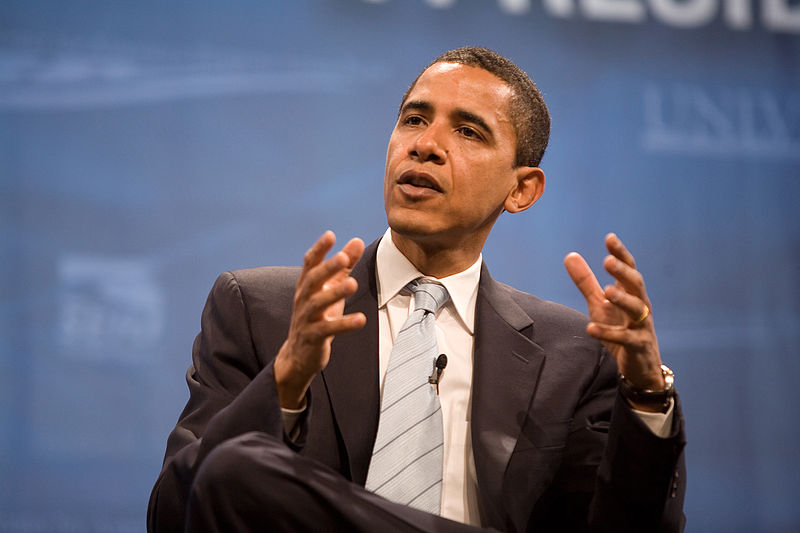
LGBT Executive Order versus religious freedom
President Obama signed on July 21, 2014, an Executive Order banning job discrimination on the bases of sexual orientation and gender identity by federal contractors and their subcontractors and vendors. The Executive Order does not apply to federal grants (nor to federal grants to state or local governments that are then awarded as contracts to private organizations).
Despite great pressure from many LGBT activists and some progressive religious leaders, President Obama left intact the religious hiring exemption that President Bush added in 2002 to the federal contracting rules. However, the President did not exempt religious organizations from the new prohibitions, as many religious leaders asked, including through a June 25 letter organized by the Institutional Religious Freedom Alliance.
The Department of Labor is to prepare regulations within 90 days; the new requirements will not come into effect until after those regulations are finalized. The full impact of the new nondiscrimination requirements will not be known until the final regulations have been issued. For example, the White House has said that if a contractor has several separate facilities, the rules will only apply to the facility that carries out the federal contract.
The religious hiring freedom, according to court precedents, protects more than just a decision by a religious organization to select only applicants of the same faith, but extends to faithful conduct. However, there will be disputes between religious employers and prospective or current employees about whether an employment decision is (legally) an exercise of religious decision-making or (illegally) a matter of discrimination on prohibited grounds, such as sexual orientation. (See the discussion of the court cases by Carl Esbeck.)
So, by not exempting religious organizations from the new prohibitions, the President has opened the door to litigation, and his action will cause faith-based organizations to consider whether federal contracting has now become too risky.
Thus the new Executive Order will complicate and likely decrease the federal government’s partnerships with faith-based organizations to provide important services.
(Federal contracts are used mainly for the purchase of goods and services such as fighter planes and janitorial services, but contracts are also used to fund some overseas relief and development services, some services to federal prisoners, and to fund training, consulting, research, and technical assistance. Faith-based organizations are active in all of these areas.)
Religious organizations do have recourse to the Religious Freedom Restoration Act (RFRA) against government actions that they regard as imposing a substantial burden on their religious exercise. RFRA applies to government funding decisions, but it does not provide a general exemption from government regulations such as the new Executive Order.
The ENDA bill adopted by the Senate last November–a bill to ban job discrimination on the bases of sexual orientation and gender identity by all but the smallest employers–includes much stronger religious protections, including a provision fully exempting religious organizations from the new prohibitions. This bill is stalled in the House; unfortunately, many LGBT groups have now disavowed it because of its religious organization exemption.
